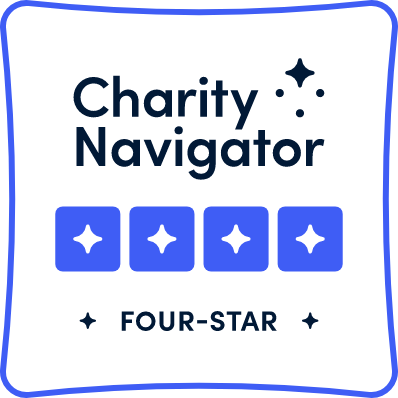Half-Earth Chairs & Scholars Advisory Board
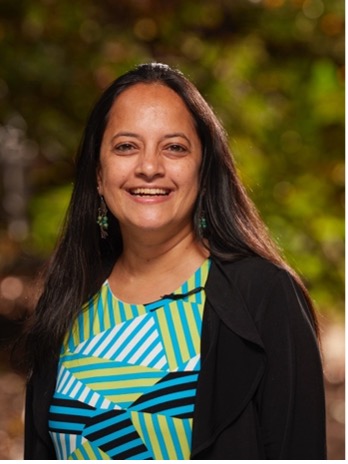
As a scientist, her research in India and Asia, spanning 25 years, encompasses many issues in the human dimensions of wildlife conservation. She has conducted macro-level studies assessing patterns of species distributions and extinctions, impacts of wildlife tourism, consequences of voluntary resettlement, land use change and understanding human-wildlife interactions. She has published 100+ scientific and popular articles in English and Kannada. Dr. Karanth served as an editor for Frontiers in Ecology and Environment, Human Dimensions of Wildlife, Conservation Biology, and Conservation Letters. She has mentored over 250 young scientists from India, US, Chile, UK, Australia and Indonesia and engaged over 750 citizen science volunteers in her research and conservation projects. As a conservationist, she has designed Wild Seve, Wild Shaale, Wild Surakshe, Adopt-a-PHC and Wild Carbon programs.
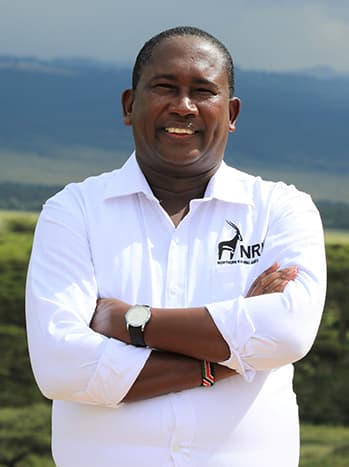
Tom is a Samburu from the West Gate Community Conservancy in Kenya, East Africa. He is a leader in the design, development, and expansion of the Northern Rangelands Trust, which now covers 35 community-owned and run conservancies and brings together over 10 million acres of communal land into active conservation management. His work includes helping rural communities strengthen governance structures, economic development, and peacebuilding. As someone with an in-depth knowledge of the challenges attached to pastoral life in north Kenya’s harsh landscape, Tom has earned the respect of the 15 ethnic groups he serves. He has also served on several nationwide entities, including the founding Chairman of the Kenya Wildlife Conservancies Association (KWCA) and a trustee of the Kenya Wildlife Service Board, where he leads sustainability efforts on communal lands.
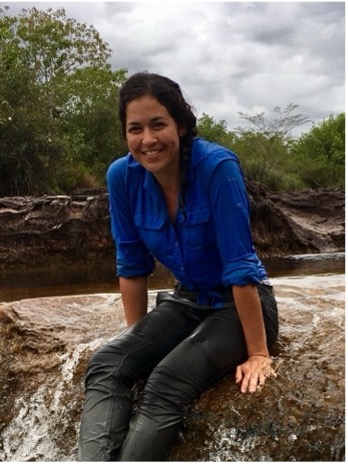
Lesley is a conservation scientist and explorer, helping protect communities biologically and culturally at risk through scientific research, with expertise in ichthyology primarily focused on the Amazon basin. Her research focuses on understanding fish diversity, expanding environmental DNA (eDNA) use in remote hyper-diverse areas, and utilizing scientific research for community-based conservation efforts. Growing up in the southeastern US and Brazil gave Lesley a deep appreciation for the wildlife and cultures of North and South America.
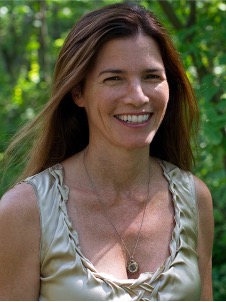
Paula is also co-Founder of the Half-Earth Project and has led the development of the Half-Earth Project Map, a global, spatially-explicit, and taxonomically comprehensive map of species, which informs how well conserved places are protecting species and identifies priorities for future conservation. She is founder of Half-Earth Day, which brings together world-wide participants from across disciplines to share perspectives and thought leadership on how to achieve Half-Earth and ensure the health of our planet for future generations. Dr. Ehrlich has over 30 years of strategic scientific management and research expertise, and diverse academic, non-profit, and corporate leadership experience. Her current work embodies the hopes of the greatest naturalist of our time, E.O. Wilson.
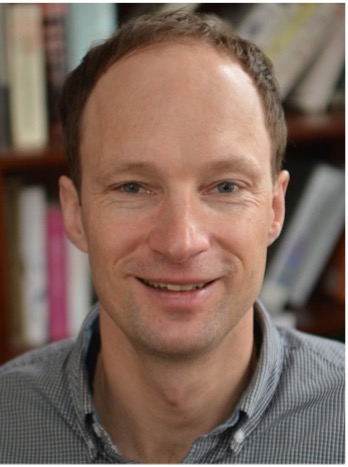
Walter is Director of the Yale Center for Biodiversity and Global Change, which links scientists, students and practitioners engaged in the environment, biological, informatics, policy or health aspects and implications of global biodiversity change. He leads the Map of Life at Yale University, which utilizes geospatial species distribution data and analytics to guide where we have the best opportunity to conserve the most species. Dr. Jetz’ work addresses patterns and mechanisms of changing biodiversity distribution and the resulting implications on conservation and environmental management. His research combines remote sensing, phylogenetic, functional, and spatiotemporal biodiversity data with new modeling approaches and informatics tools.
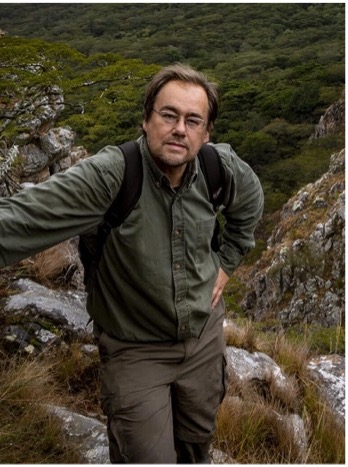
Piotr is an entomologist, conservation biologist, author, and photographer based at the Museum of Comparative Zoology at Harvard University. He currently directs the E.O. Wilson Biodiversity Laboratory at Gorongosa National Park in Mozambique where he trains a new cadre of Mozambican biologists and conservationists, and helps rebuild the park, which suffered during the recent civil war in that country. Dr. Naskrecki created and administers the Half-Earth Project Fellowship in Taxonomy and Biodiversity Exploration, which has several graduates working throughout the African continent. His scientific interests focus on the evolution of communication and sound production in insects and other animals, as well as the phylogenetic reconstruction of insect relationships. He is the author of over 50 scientific, peer-reviewed papers and book chapters.
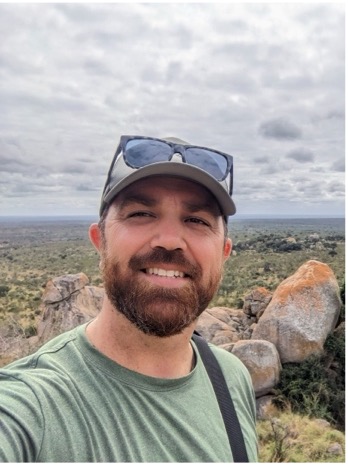
Brooks collaborates with scientists, scholars, and communities working around the globe to advance biodiversity science. His work centers on amplifying the reach and utilization of the Foundation’s Half-Earth Project Map and related products.
Brooks worked as the Director of Community Engagement for the Organization for Tropical Studies (OTS), an organization that E.O. Wilson helped found. In this role, he led the processes to develop and implement strategies for effectively engaging three stakeholder groups– Science Pioneers, Science Participants, and Science Stewards–at local, national, and global scales. At OTS, he also led the management of undergraduate, field-based study abroad programs in Costa Rica and South Africa, and helped to streamline management of Faculty-Led Academic Groups. Brooks also previously worked with Nature & Culture International in the Peruvian Amazon region of Loreto, contributing to the first co-managed regional conservation network established in Peru.

